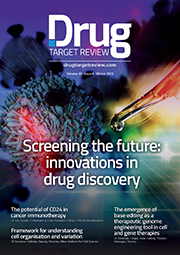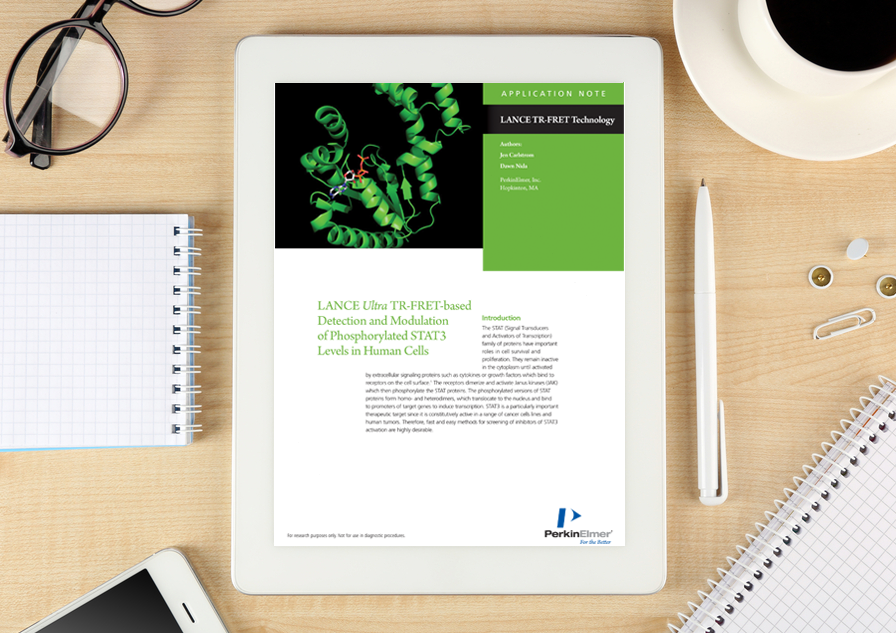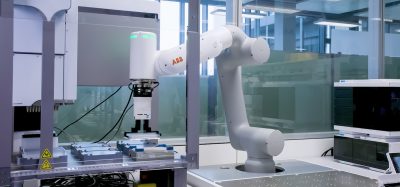Application note: LANCE Ultra TR-FRET – based detection and modulation of Phosphorylated STAT3 levels in human cells
Posted: 5 January 2018 | Dawn Nida (PerkinElmer), Jen Carlstrom (PerkinElmer) | No comments yet
In this application note, PerkinElmer demonstrates how LANCE® Ultra, a homogeneous assay format, can be used to quickly and accurately assess modulation of pSTAT3.
The STAT (Signal Transducers and Activators of Transcription) family of proteins have important roles in cell survival and proliferation. Specifically, STAT3 has been identified as an important therapeutic target due to the face that it is constitutively active in a range of cancer cell lines and human tumors. Therefore, fast and easy methods for screening inhibitors of STAT3 activation are highly desirable.
LANCE (Lanthanide chelate excite) Ultra time-resolved fluorescence resonance energy transfer (TR-FRET), is a homogeneous (no wash) technology. One protein of interest is labelled with a donor fluorophore (a LANCE Europium chelate) and the second protein is labelled with an acceptor fluorophore (ULight™ dye). Upon excitation at 320 or 340 nm, energy can be transferred from the donor Europium chelate to the acceptor fluorophore if sufficiently close for FRET (~10 nm). This results in the emission of light at 665 nm
Here we show that LANCE Ultra cell-based assays provide a fast, powerful, homogeneous platform for screening potential kinase inhibitors in a variety of human cells.
This application note is restricted - login or subscribe free to access


Why subscribe? Join our growing community of thousands of industry professionals and gain access to:
- quarterly issues in print and/or digital format
- case studies, whitepapers, webinars and industry-leading content
- breaking news and features
- our extensive online archive of thousands of articles and years of past issues
- ...And it's all free!
Click here to Subscribe today Login here
Related content from this organisation
- Global high-content screening market set to be worth $2.52bn by 2030
- Assays for protein degradation therapeutics to accelerate undruggable proteome discoveries
- Lab automation market set to increase at CAGR of seven percent
- Brochure: Biologics workflow solutions brochure
- Brochure: Viral research solutions
Related topics
Assays, Cell-based assays, Drug Discovery Processes, Screening, Therapeutics
Related organisations
PerkinElmer









